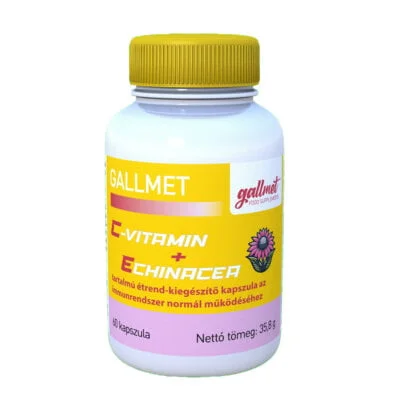Garlic intake and the risk of colorectal cancer A meta-analysis

Download - PDF
Abstract
This was a meta-analysis of epidemiological articles that aimed to estimate the association of garlic intake with the risk of colorectal cancer (CRC).
Electronic databases, including the Cochrane Database of Systematic Reviews, PubMed, and EMBASE, were systemically searched from inception to May 2019 to identify related articles. In addition, a random model was used to pool the included evidence based on heterogeneity. Additionally, subgroup analyses were carried out to examine the differences between different groups. The stability of our findings was tested through sensitivity analyses. Publication bias was also assessed by Egger and Begg tests. Moreover, all enrolled studies were ordered according to the publication year for a cumulative meta-analysis.
A total of 11 studies (involving 12,558 cases) were included in the current meta-analysis. Our integrated relative risk (RR) of CRC was 0.80 (95% confidence interval [CI], 0.69–0.91) for the highest versus the lowest garlic consumption categories (RR: 0.71 [95% CI, 0.60–0.84] for controls and RR: 0.99 [95% CI, 0.80–1.23] for cohorts). There was significant heterogeneity across all enrolled studies (I2= 68.3%, P< .01). The sensitivity analysis revealed no notable alterations of the integrated results. According to the funnel plot regarding garlic intake and the risk of CRC, together with the Egger test (P= .1) and Begg test (P= .064) results, there was no notable evidence of publication bias. The cumulative meta-analysis suggested that the 95% CIs became narrower with the increase in sample size.
Based on the existing evidence, garlic intake could reduce the risk of CRC. Abbreviations: CI = confidence interval, CRC = colorectal cancer, NA = not available, NR = not reported, RR = relative risk.
Source: https://pubmed.ncbi.nlm.nih.gov/31895803/
Faceți clic pe pictograma [print-me] pentru a imprima pagina










